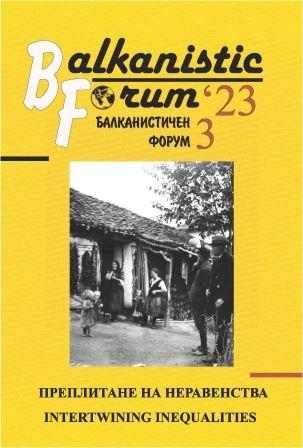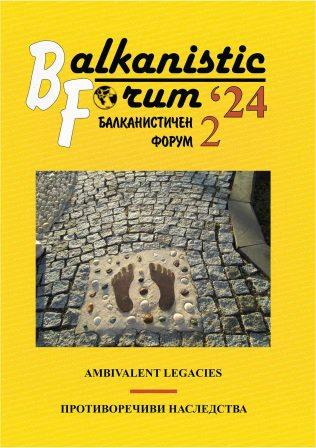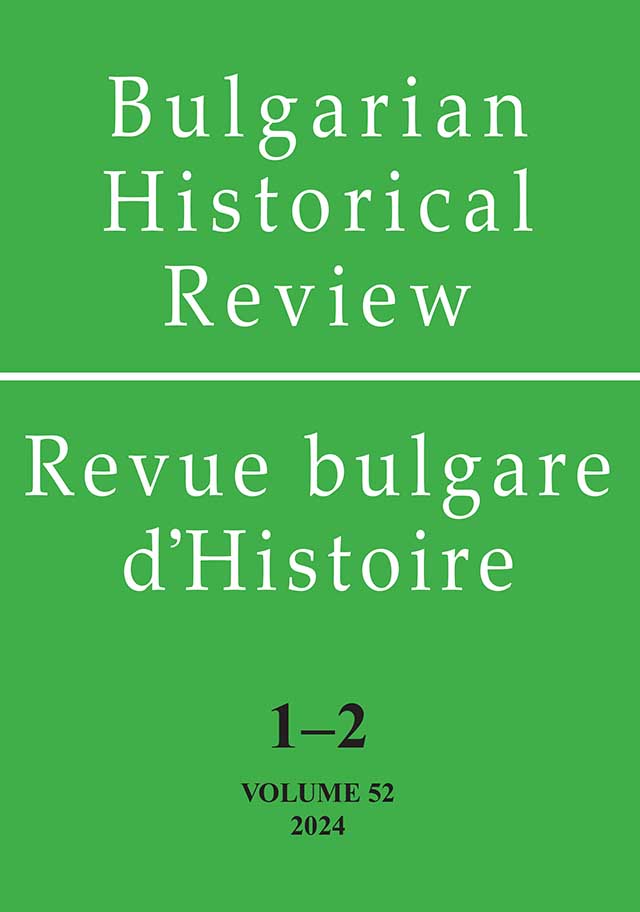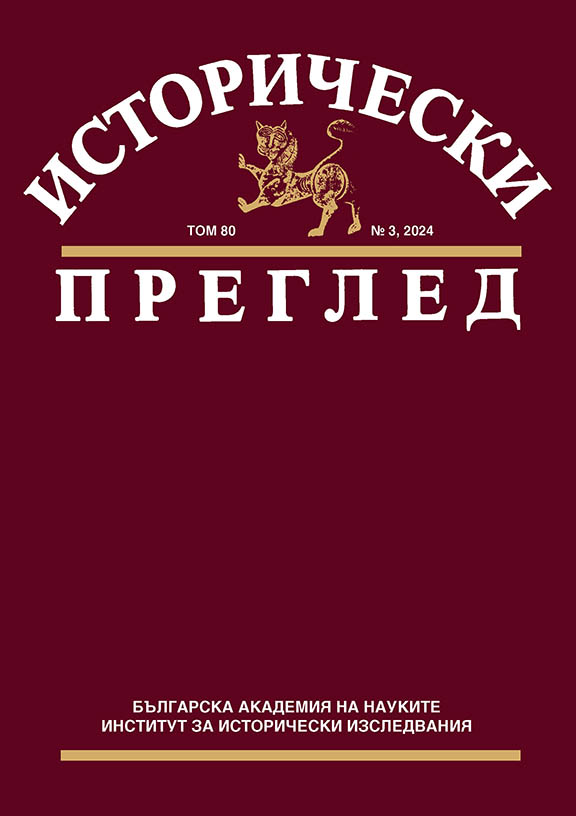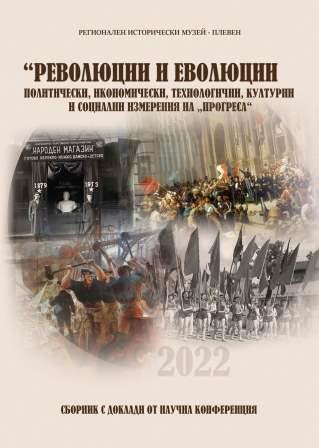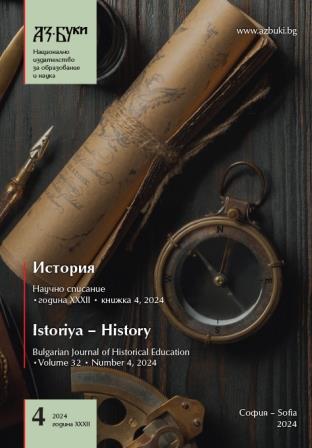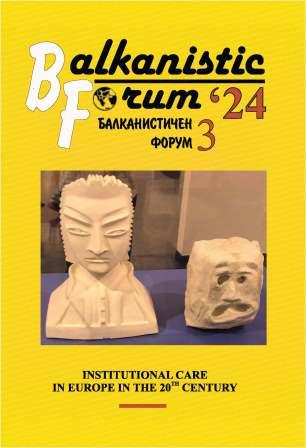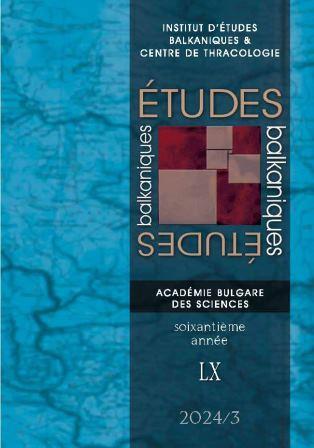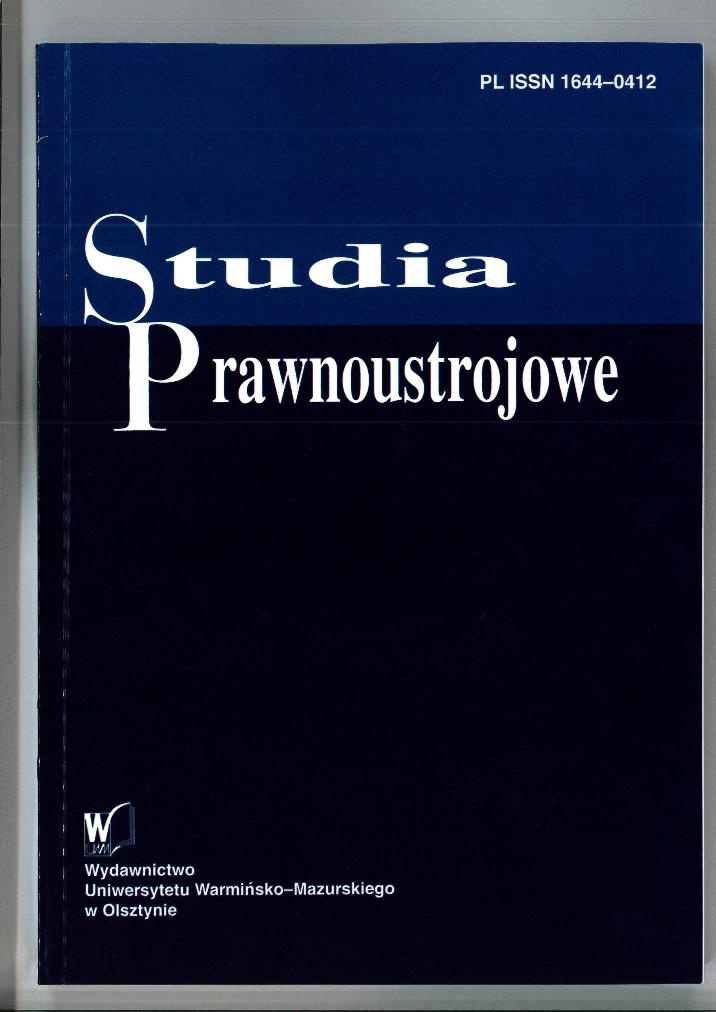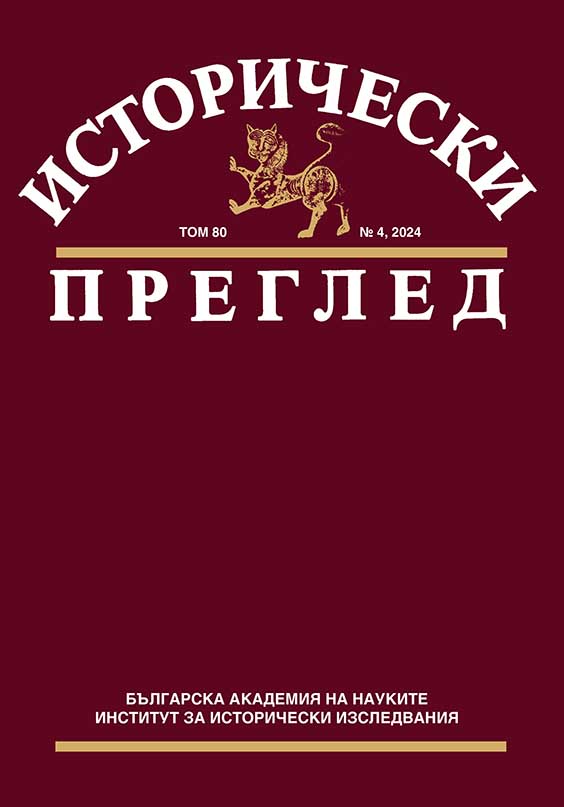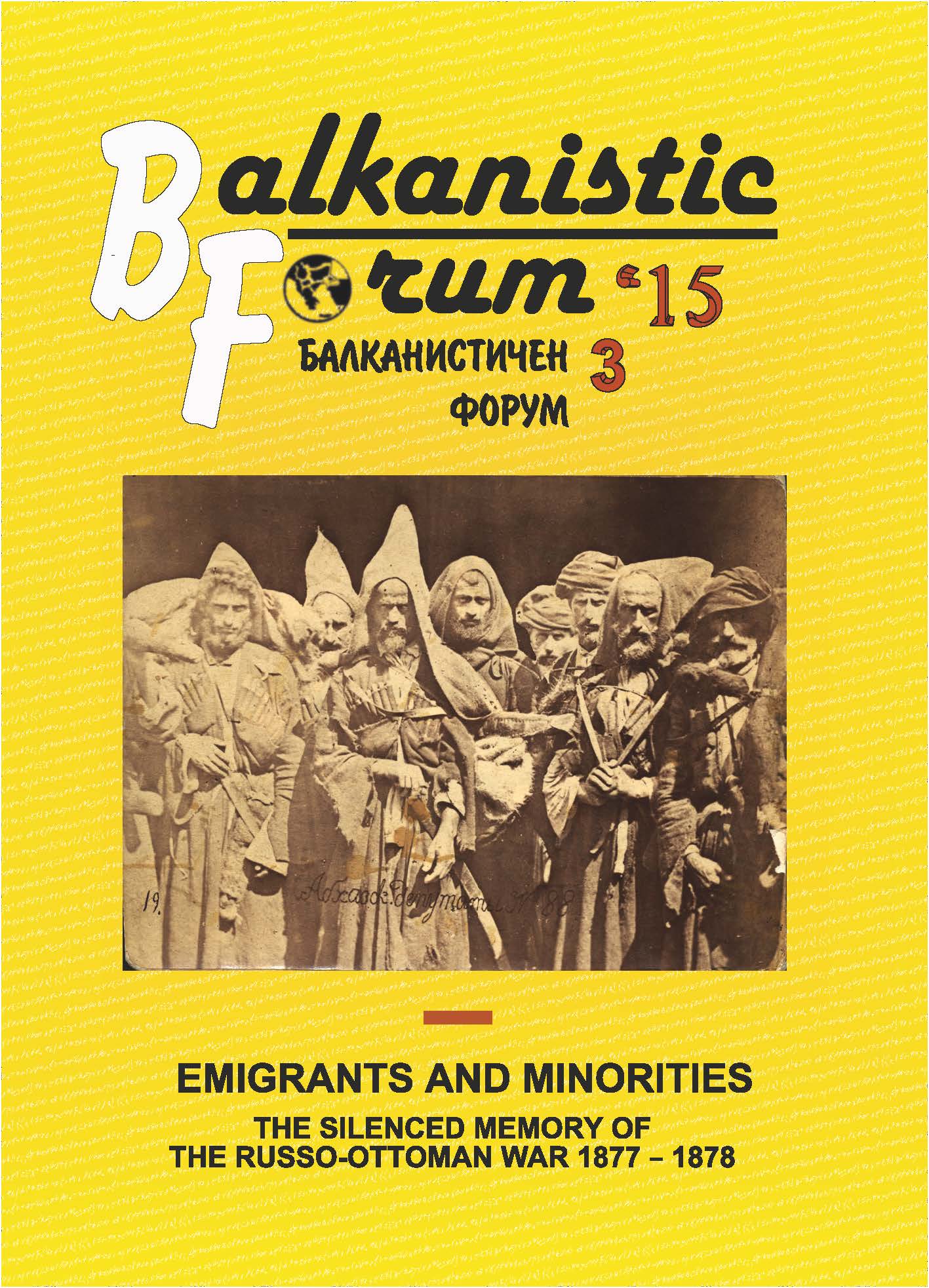
“The Gullet” of the War. The Molokans from the District of Yerevan and the Rusk Preparation for the Caucasus Front in 1877
The use of rusks for military needs became more and more important in the logistics of wars in the 19th century. The organization of preparation, preservation and transportation of rusks in 1877 was an “operation” according to the military documents left in the governmental archive. The Russian military command decided that the big part of the rusks needed for the Caucasus front had to be prepared by peasants – Russian settlers in the South Caucasus – especially by the so-called Molokans – as they did it for the first time in the Crimean War 1853 – 1856. The Molokans were one of the many Christian sects who lived in Russia during the 19th century, just like the Dukhobors, Mennonites and others. They rejected the participation in war because of confessional reasons. However, the war activities mobilized much more people than were actually involved in the direct armed clashes between Russia and the Ottoman Empire in 1877 – 1878. Religious minority populations in the Caucasus were mobilized to work night and day in harsh conditions – to dry, bake and transport flour and rusks, to load boots, camels and carts. Their resources were used for war purposes. Although the Molokans were among the sectarians who were against war and violence, their villages took part in the important work for military use.
More...
